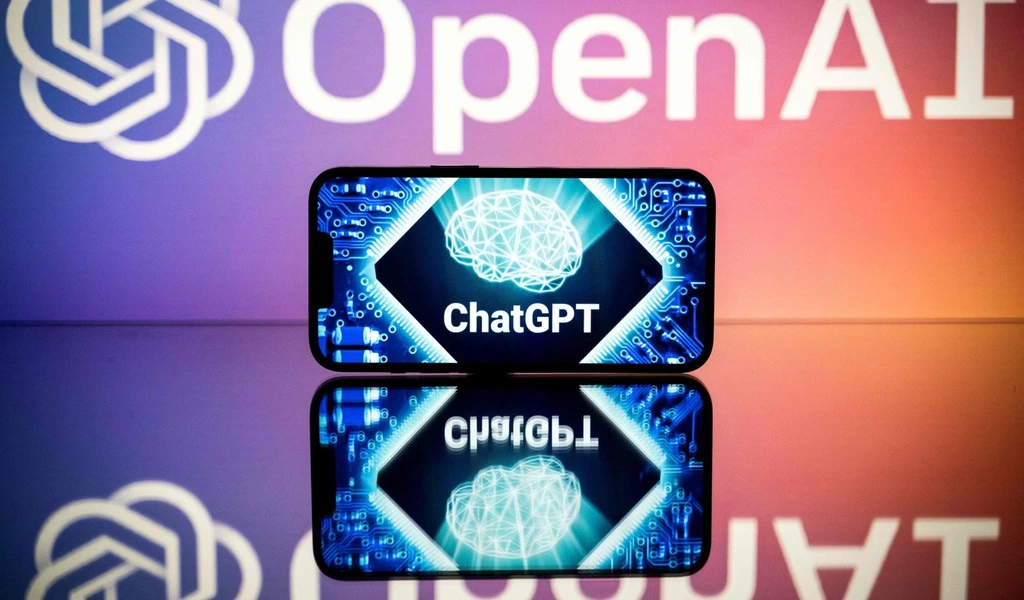(CTN News) – The Chinese government is taking steps to regulate the country’s growing chatbot business, proceeding cautiously towards the technology to keep a firm grip on its evolution.
China’s New Regulations for AI Chatbot Industry
Cyberspace Administration of China (CAC) proposed guidelines this month that will affect AI systems like ChatGPT that create text and graphics in response to user queries, showing Beijing’s determination to control the booming technology industry.
The new rules mandate that AI businesses stay away from content that defames China’s leaders or delves into taboo aspects of Chinese history. “Socialist core values” should be promoted by chatbots, but “state power” and national unity should be protected at all costs.
The proposed regulations also require chatbot developers to check that their creations are honest and do not infringe on anybody else’s rights to their work. Algorithms, the software powering chatbots, must be registered by businesses with the relevant authorities.
Even though the regulations are still in draught form and subject to change, AI developers in China are already considering ways to implement Beijing’s edicts.
ChatGPT Phenomenon Fascinates Governments Worldwide
Governments everywhere have been curious about the ChatGPT phenomenon. Silicon Valley is looking into potential uses for the artificial intelligence developed by the United States-based OpenAI, which has received around US$13 billion in support from Microsoft. Eventually, AI enterprises might create “trillions of dollars” in economic value, says Sequoia Capital, a venture capital firm.
Therefore, Chinese businesspeople and investors are moving at lightning speed. Alibaba, the leader in e-commerce; SenseTime, a facial recognition technology developer; and Baidu, a search engine, are just a few Chinese AI companies whose stocks have risen sharply.
Additionally, at least two Chinese businesses creating alternatives to OpenAI’s technology have successfully raised millions of dollars.
Due to the inaccessibility of ChatGPT in China, the country has moved quickly to develop its red lines for AI, well ahead of any other countries considering regulation of chatbot technology.
Chatbot Development and AI Technology Continue Despite Struggles
Experts have speculated that Chinese regulations on chatbots may be too sophisticated for domestic companies to handle.
Following discussions with China’s tech firms, analysts anticipate the new regulations will be fine-tuned, and enforcement may be relaxed to not stifle innovation.
Internet surveillance in China is standard procedure. In the past two decades, it has built the greatest information dragnet on the planet, driving away Western technology firms who refused to comply with its restrictions. Meanwhile, domestic tech companies in China did well by playing by the book.
However, the rise of artificial intelligence chatbots poses a new threat to the Communist Party. The party’s role in managing the flow of information is at odds with the unpredictability of generative AI, which could produce misleading or incoherent assertions.
The Future of China’s AI Chatbot Industry: More Regulation and Orientation
Despite China’s challenges with semiconductor competition and sanctions, the country is anticipated to continue developing chatbots and AI technology. For instance, the Chinese version of ChatGPT, called ChatYuan, was released in February and quickly became popular but was pulled from sale after receiving negative feedback.
According to reports, the app’s developer, AI engineer and entrepreneur Xu Liang, is working on a more “patriotic” bot by adding keyword screening and manual review processes. This shift could herald a new era for the guidance and oversight of China’s artificial intelligence chatbot sector.






